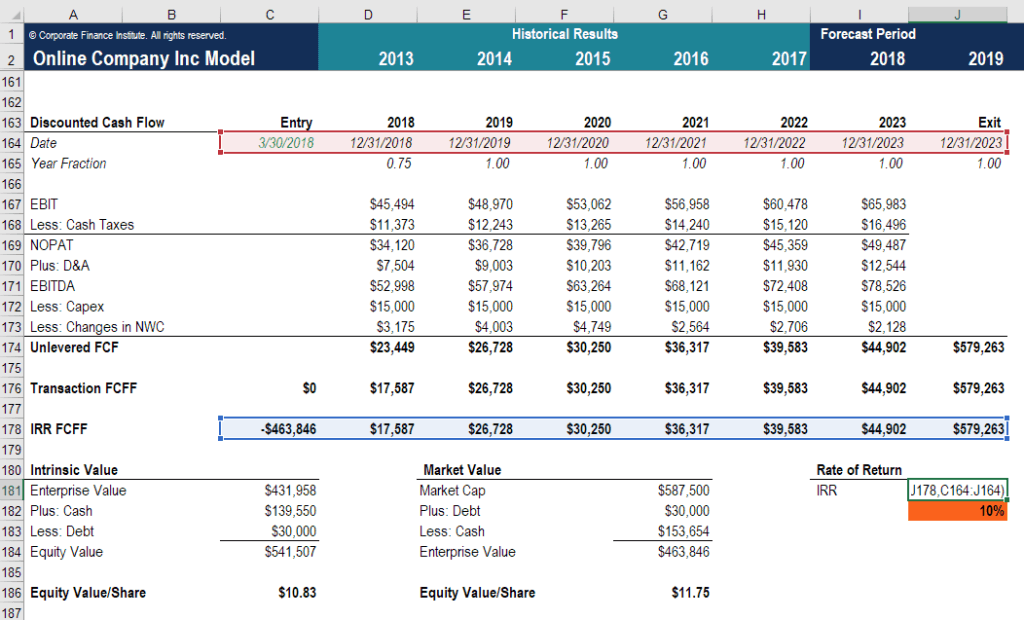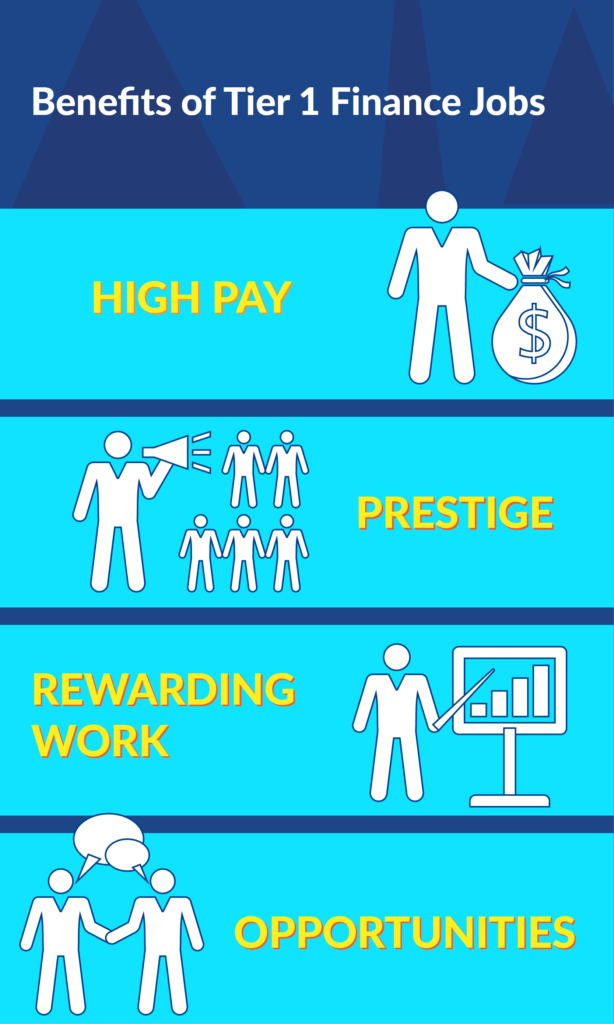Table of ContentsSee This Report about What Is Bond Valuation In FinanceFascination About What Is Principle In Finance BondThe Greatest Guide To What Is A Bond Finance Rt511Getting My What Is A Yankee Bond In Finance To Work
Services aren't the only entities that can release bonds. Federal governments and municipalities offer them too. Let's look at how these kinds of bonds vary. Advertisement Government Bonds: To money programs, satisfy their payrolls and basically pay their bills, federal governments concern bonds. Bonds from steady governments, such as the United States, are thought about extremely safe financial investments.
The U.S. federal government releases its own bonds from the treasury and from a number of government companies. Those maturing in less than one year are called T-bills. Bonds that grow in one to 10 years are T-notes, and those that take more than ten years to grow are treasury bonds. In some cases, you do not have to pay state or regional income taxes on the interest they earn.
Munis financing things like healthcare facilities, schools, power plants, streets, office complex, airports, bridges and so forth. Municipalities usually provide bonds when they need more money than they gather through taxes. The excellent thing about community bonds is that you do not have to pay federal earnings taxes on the interest they make.
While business bonds are a higher danger than government bonds, they can earn a lot more cash. There's likewise a much bigger selection of business bonds. The drawback is that you do need to pay federal earnings tax on the interest they earn. Particularly when investing in business bonds, it's essential to think about how risky the bond is.
You can research the company's monetary circumstance to see how strong its prospects are. This includes examining things like capital, debt, liquidity and the company's organisation plan. As fun as it sounds to research these things, many of us don't have the time or abilities to examine a corporation's monetary situation precisely.
Their experts look into a company's scenario and figure out a bond score for the company. Every ranking service has its own formula for determining danger and its own sort of ranking scale. Normally, score scales are spelled out in letter grades, where an AAA rating designates a safe, low-risk bond, and a D ranking designates a high-risk bond.
government bonds, are typically low-yield bonds. You can depend upon getting a payout however that payout will be little. how to find the beta for a bond finance. On the other side of the spectrum, you have what's not-so-affectionately referred to as, which are low-rated, high-risk bonds. In order to entice financiers into purchasing these risky scrap bonds, the providing business promise high yields.
Things about What Is A Bond Finance Rt511
However if you do, you could earn money in spades. Still uncertain about a few of the terms associated with bond investment? Have a look at the glossary on the next page.
Bonds are loans made to large companies. These consist of corporations, cities, and national governments. A private bond is a piece of a huge loan. That's due to the fact that the size of these entities needs them to borrow money from more than one source. Bonds are a type of fixed-income investment. The other kinds of investments are money, stocks, commodities, and derivatives.
They vary according to who releases them, length up until maturity, rate of interest, and risk. The most safe are short-term U.S. why invest in a bond yahoo finance. Treasury expenses, but they also pay the least interest. Longer-term treasurys, like the standard 10-year note, use a little less risk and partially higher yields. SUGGESTIONS are Treasury bonds that secure against inflation.

They return a little bit more than Treasuries but are a bit riskier. Business bonds are provided by companies. They have more danger than federal government bonds due to the fact that corporations can't raise taxes to pay for the bonds. The threat and return depend on how credit-worthy the business is. The highest paying and greatest danger ones are called junk bonds.
Up until then, the debtor makes agreed-upon interest payments to the bondholder. People who own bonds are likewise called lenders or debtholders. In the old days, when individuals kept paper bonds, they would redeem the interest payments by clipping vouchers. Today, this is all done electronically. Naturally, the debtor pays back the principal, called the face worth, when the bond matures.
They can just do this due to the fact that there is a secondary market for bonds. Bonds are either openly traded on exchanges or offered independently in between a broker and the financial institution. Because they can be resold, the value of a bond fluctuates till it develops. Think Of The Coca-Cola Business desired to borrow $10 billion from investors to acquire a large tea company in Asia.
It issues each bond at a par worth of $1,000 and guarantees to pay pro-rata interest semi-annually. Through an investment bank, it approaches financiers who buy the bonds. In this case, Coke needs to sell 10 million bonds at $1,000 each to raise its preferred $10 billion prior to paying the costs it would incur. Each $1,000 bond is going to get $25.00 each year in interest.
The Facts About Finance Quizlet When Bond Rates Rise Uncovered
If all works out, at the end of 10 years, the original $1,000 will be returned on the maturity date and the bond will disappear. Bonds pay off in 2 methods. First, you receive earnings through the interest payments. Of course, if you hold the bond to maturity, you will get all your principal back.
You can't lose your financial investment unless the entity defaults. Second, you can profit if you resell the bond at a higher cost than you bought it. Sometimes bond traders will bid up the rate of the bond beyond its stated value. That would occur if the net present value of its interest payments and principal were greater than alternative bond investments.
Many individual investors choose to let a knowledgeable fund supervisor pick the very best selection of bonds. A bond fund can also minimize threat through diversity. By doing this, if one entity defaults on its bonds, then only a little part of the investment is lost. Some bonds, called zero-coupon bonds, do not disperse interest earnings in the type of checks or direct deposit but, rather, are released at a particularly determined discount.
Over the long run, bonds pay a lower return on your investment than stocks. In that case, you might not make enough to outmatch inflation. Investing only in bonds might not allow you to conserve enough for retirement. Companies can default on bonds. That's why you need to examine the shareholder's S&P scores.

They could rapidly default. They must offer a much higher interest rate to attract buyers. Although typically thought about "safe," bonds do have some threat. Credit risk describes the likelihood of not receiving your assured principal or interest at the contractually guaranteed time due to the company's failure or objection to disperse it to you.
The outright greatest investment-grade bond is a Triple-A rated bond. There is constantly an opportunity that the federal government will enact policies, deliberately or unintentionally, that cause extensive inflation. Unless you own a variable rate bond or the bond itself has some sort of integrated defense, a high rate of inflation can damage your buying power.
When you invest in a bond, you know that it's probably going to be sending you interest income frequently. There is a risk in this, however, because you can not anticipate ahead of time the exact rate at which you will have the ability to reinvest the cash. If interest rates have dropped substantially, you'll need to put your fresh interest income to work in bonds yielding lower returns than you had actually been delighting in.
5 Easy Facts About What Does The Frnce Bond Market Finance Described
This means that as soon as you get them, you might have a difficult time selling bonds at leading dollar. This is one of the reasons it is often best to limit the purchase of specific bonds for your portfolio to bonds you intend to hold until maturity. For many individuals, valuing bonds can be complicated.
To put it simply, the more need there is for bonds, the lower the yield. That seems counter-intuitive. The factor lies in the secondary market. As individuals demand bonds, they pay a greater price for them. However the interest payment to the bondholder is fixed; it was set when the bond was initially sold.
Put another way, the cost they paid for the bond yields a lower return. Financiers typically require bonds when the stock market ends up being riskier. They are willing to pay more to prevent the greater threat of a plummeting stock market. Considering that bonds return a set interest payment, they look attractive when the economy and stock market decline.